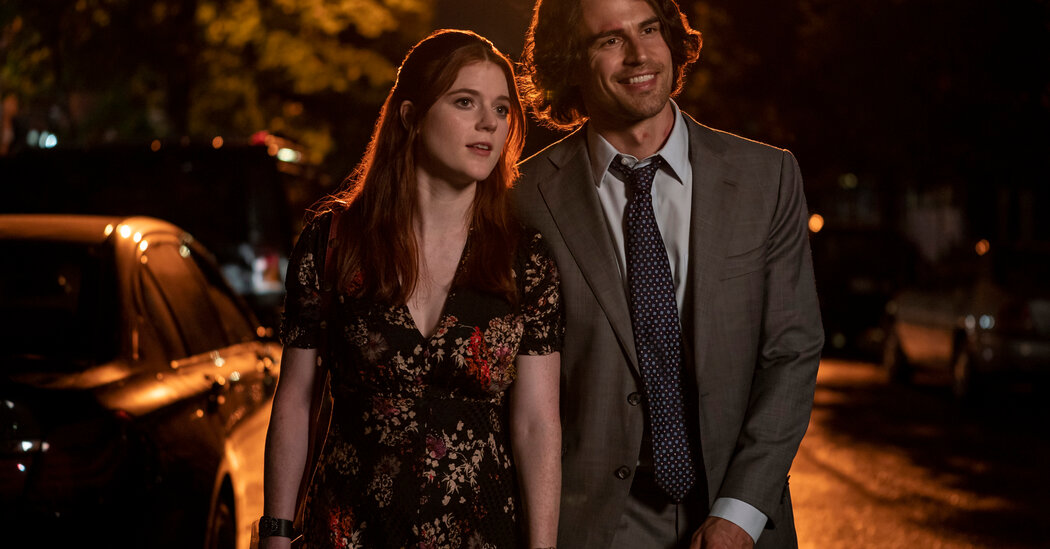
It’s still “The Time Traveler’s Wife,” though, and you can’t get away from the material, a stilted mix of sentimentality, doomy fatalism, truisms about love and queasily sexualized romance that sold several million copies. Niffenegger’s gift for sexed-up fantastical melodrama drew in a ton of readers, including Moffat, who based an episode of “Doctor Who” (“The Girl in the Fireplace”) on the novel.
Given the chance to adapt the real thing, Moffat and the director David Nutter (“Game of Thrones”) have made it watchable — favoring humor and action over soap opera — but they haven’t managed to conjure the emotion, or dramatize the ideas, that so many people seem to find in the story. A device of breaking away to have older versions of Henry and Clare speak straight to the camera, as if being filmed for a documentary, echoes the book’s alternating first-person narration but also exposes the script’s notions about soul mates, absence and fate for the dull platitudes they are.
They’re easy enough to sit through, however, when they’re being delivered by performers as amiably earnest and unfussily attractive as Rose Leslie and Theo James, who play Clare and Henry as adults. Younger versions of Clare are played, charmingly, by Everleigh McDonell and Caitlin Shorey. This is where the queasy part comes in: the story’s central conceit that the lovers meet when Clare is 6 and an adult Henry tumbles naked onto her family’s estate. They continue to have private and increasingly intense meetings throughout her childhood and adolescence.
The idea is that because Henry is married to Clare in the future before ever meeting her as a child, there’s a purity to their “little girl hanging out with 30-something guy” encounters. Again, this is easy enough to accept in the series, partly because James has an innate courtliness and partly because Nutter stages their meetings in a slightly heightened, fairy-tale style.
Those pastoral interludes are respites from Henry’s other travels backward and forward in time, which can involve landing on subway tracks or on top of easily angered motorcycle-club members. This other side of the story, in which the time travel is a curse and Henry is constantly in danger of being beaten up, arrested or killed, gives the series its energy.




